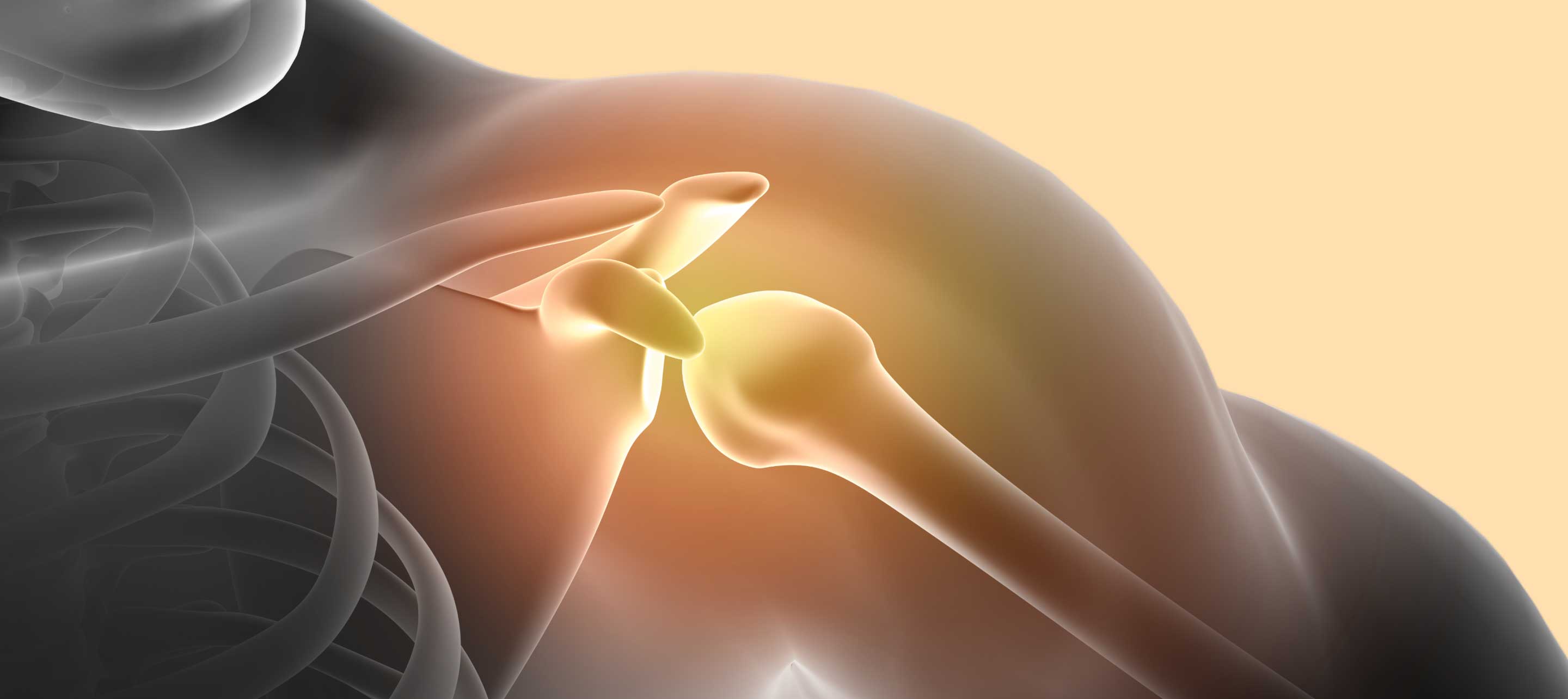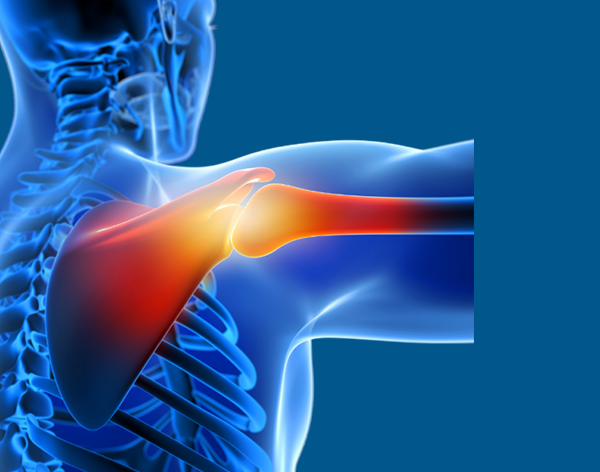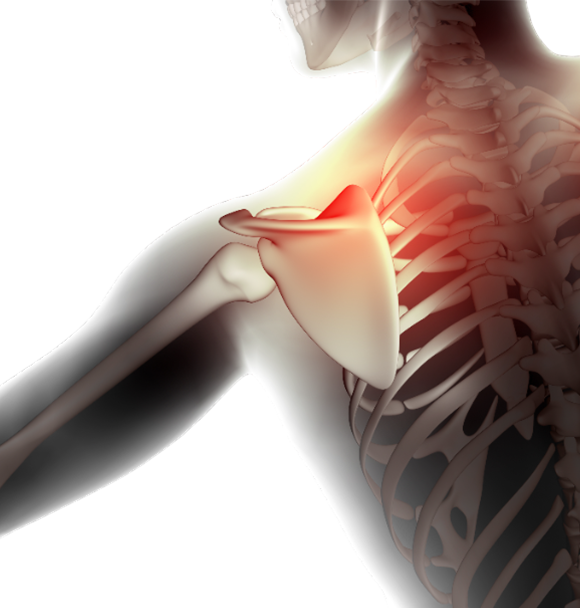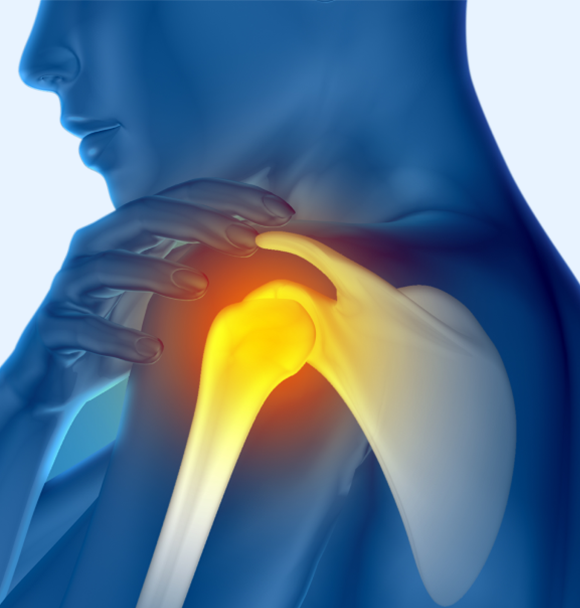
 Shoulder Replacement Surgery
Shoulder Replacement SurgeryMore than any other joint in your body, your shoulder is a vital joint that can rotate in numerous ways. Your doctor might recommend shoulder replacement surgery if your shoulder pain is so bad that it keeps you from sleeping soundly or reaching to cabinets placed at heights. This procedure can reduce your pain and increase your range of motion. Shoulder osteoarthritis is a common cause of this kind of discomfort. It occurs due to degeneration or breakdown of tissues forming shoulder joints such as cartilage and supporting structures.
Shoulder replacement is the last resolution in severe cases where degeneration is irreversible. This surgical intervention involves the removal of damaged parts of joint bones and replacing them with prosthesis or implants made of metal and plastic biomaterials. This can also be suggested by your doctor in cases of rotator cuff injuries, fractures, rheumatoid arthritis, and osteonecrosis, depending on the patient condition and severity of damage.
Future developments in shoulder replacement care might reap more success from the incorporation of new technologies. These days, proficient orthopedic surgeons offer customized surgical procedures for shoulder replacement that are tailored to suit each individual patient's needs. The accuracy, quality, and durability of shoulder replacement surgery is dependent on the expertise of the specialist in performing the procedure and making use of technologically advanced least invasive equipment.
If you or your loved ones are suffering from shoulder joint injury or degeneration, then you are at the right place. Dr. Ishwar Bohra is one of the top orthopedic surgeons in India. He has earned great merits and has been recognised as one of the best shoulder replacement surgeon in Delhi. People are experiencing best outcomes from the surgeries performed by Dr. Bohra.
Schedule a call
Get accurate insights for your joint issues and the best personalized treatment plan for it. We believe in restoration of your joint functions maximally, taking care of your unique needs.
Contact Us
 Shoulder Replacement Surgery
Shoulder Replacement SurgeryShoulder replacement is a surgical intervention that is performed in case of severe shoulder joint degeneration to replace damaged components of shoulder joint with artificial parts or prostheses in an attempt to eradicate the cause of pain and dysfunction.
Rheumatoid arthritis, osteoarthritis, rotator cuff tear arthropathy, and avascular necrosis are the most common conditions that require shoulder replacement surgery. The goal of the procedure is to make your shoulder and arm more functional, reduce pain reduction, strengthen the joint, and boost your range of motion.
The following shoulder replacement options may be recommended by your doctor, depending on the type of joint damage you have:
The socket and the ball are both swapped out. The implants mimic the morphology of the bones.
Replacement of both ball and the socket is done but the implants are reversed. The upper arm bone is where the socket is attached, and the shoulder blade is where the ball is attached. When the rotator cuff is seriously injured, this approach is usually recommended.
Just the joint's head, or ball, is replaced. When the joint damage is limited to the ball side, it might be advised..
The following conditions are often treated with this surgery when the extent of damage is irreversible with medical interventions:

Following are the preparatory steps for the surgery:

Your complete recovery may take months. Following information can give an idea about your recovery timeline after shoulder replacement surgery:
Renowned for his groundbreaking work in joint restoration, Dr. Ishwar Bohra keeps pushing the frontiers of innovation with his latest research backed procedures. By employing advanced techniques and evidence-based strategies, Dr. Bohra ensures the best possible results for patients seeking joint rejuvenation. His commitment to excellence in restoring mobility and improving quality of life is demonstrated by his commitment to staying at the forefront of medical advancements.
A: A shoulder replacement procedure typically requires one to three hours to complete. But the length of time might vary from person to person.
A: You'll be able to resume your regular activities in about 8 to 12 weeks.
A: You should definitely give up smoking before the procedure because tobacco use can cause the blood clotting to slow down.
A: Yes, shoulder replacement surgery is a major procedure. Therefore, you should anticipate pain during the healing period. After your procedure, you may receive an injection of painkillers. Your surgeon or nurse will give you oral medications to help you feel less uncomfortable a day or two after the procedure.
A: Patients undergoing a shoulder replacement are generally between the age of 60 and 80 years. However, patients aged 40 years may also go for shoulder replacement if the need arises.
Dr. Ishwar Bohra, the best joint replacement surgeon, has brought joint care a step closer to the maximum mobility restoration with enhanced quality of life and great patient satisfaction. Choose our facility to avail personalized care and highest treatment success since we are committed to serve you the most personalized care.
Dr. Ishwar Bohra’s unparalleled expertise backed by 25,000+ successful surgeries, testifies his capabilities to provide the best joint care. His compassionate patient care approach is highly appreciated by his patients.
Dr. Bohra, a highly skilled doctor, is well-introduced to modern therapeutic interventions and latest equipment to provide most accurate, minimally invasive, and highly successful results.
We are committed to provide you the joint care solutions most suitable for you, keeping your expectations and convenience at the forefront. Such tailored solutions will fulfill the unique needs of each patient maximally.